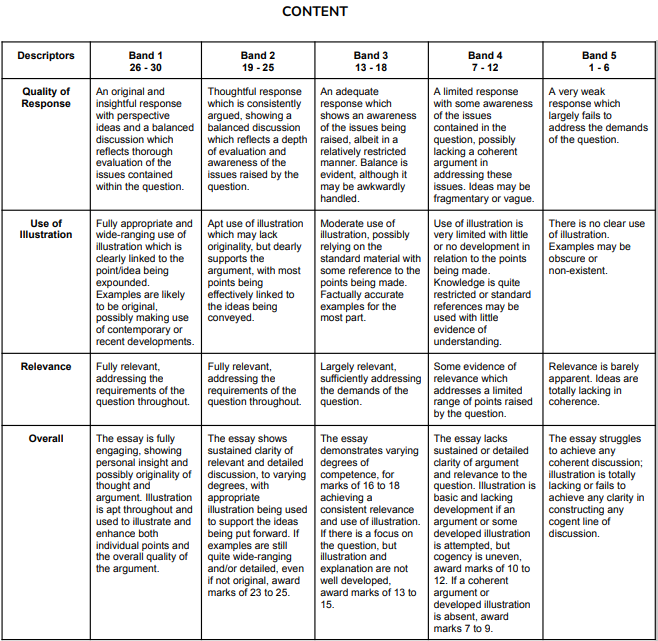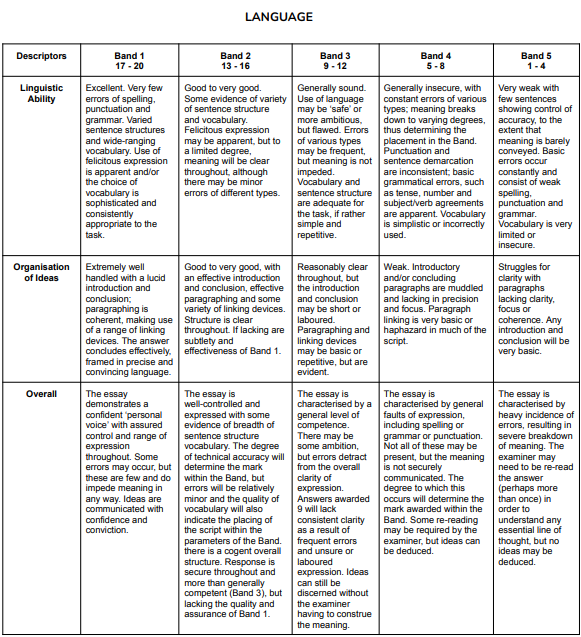"Study smarter, not harder—Curio’s free GP study package is here to help you excel!"

Studying for the GCE ‘A’ Levels can feel overwhelming, but you don’t have to do it alone. At Curio, we’ve put together a comprehensive and completely free study package to help you excel in General Paper.
Our study package includes carefully curated worksheets and curriculum-based resources designed to strengthen your critical thinking and essay-writing skills. You’ll get access to two comprehension practice sets—one on Racism & Xenophobia and another on Technology & the Future of Work—both complete with Application Question (AQ) exercises and answer schemes. These are perfect for sharpening your analysis and evaluation skills, key components of excelling in GP.
But that’s not all! We’re also providing five high-quality model essays on thought-provoking topics such as:
- A government that lacks the trust of its citizens is destined to collapse. Do you agree?
- Is it always ethical for medical science to prioritize extending human life?
- ‘Freedom of expression is a luxury we cannot afford.’ How far is this true in your society?
- To what extent has tourism contributed to environmental damage?
- To what extent is social media activism effective?
These essays serve as excellent references, showing you how to structure arguments effectively and develop nuanced perspectives. Plus, our Curated Reading List will guide you toward insightful articles and resources to broaden your understanding of key issues.
Why struggle on your own when you can study smarter with Curio? Download our free GP Study Package below and take your preparation to the next level!
















